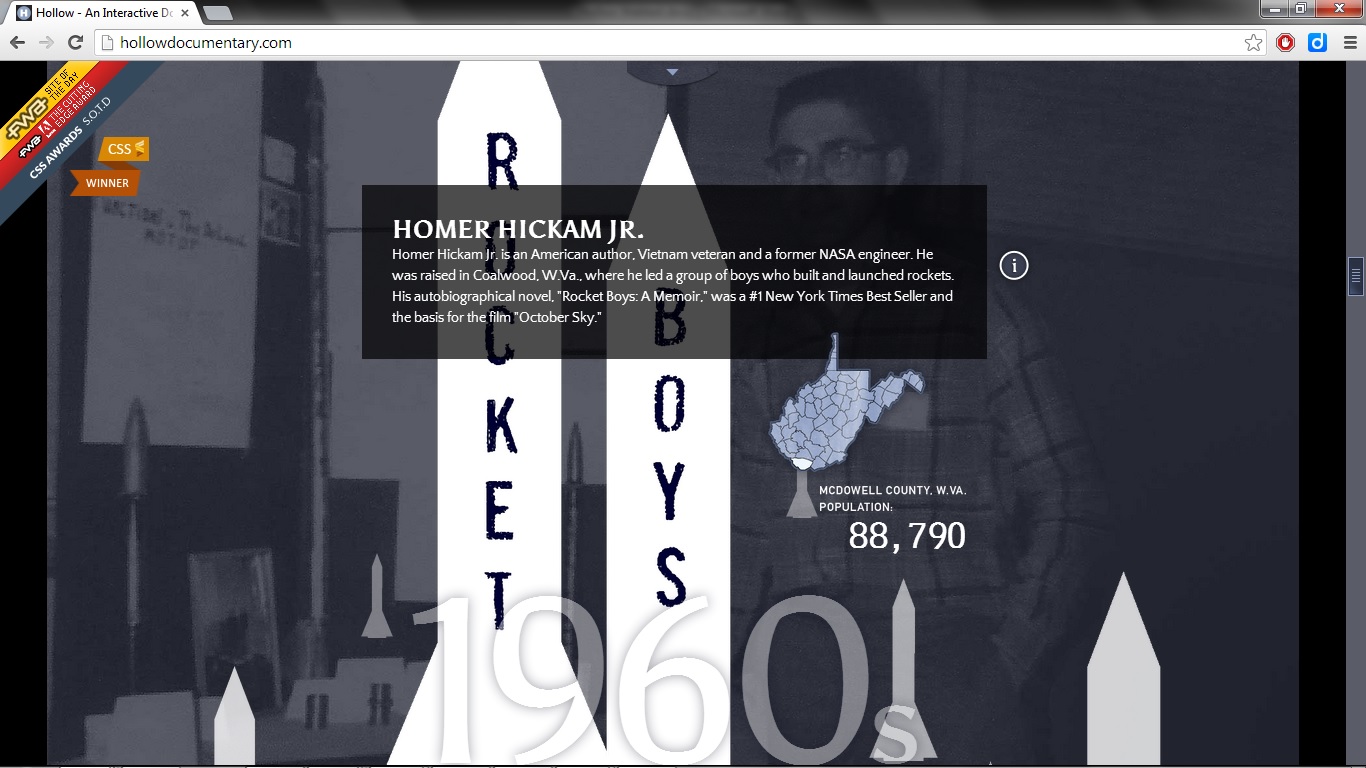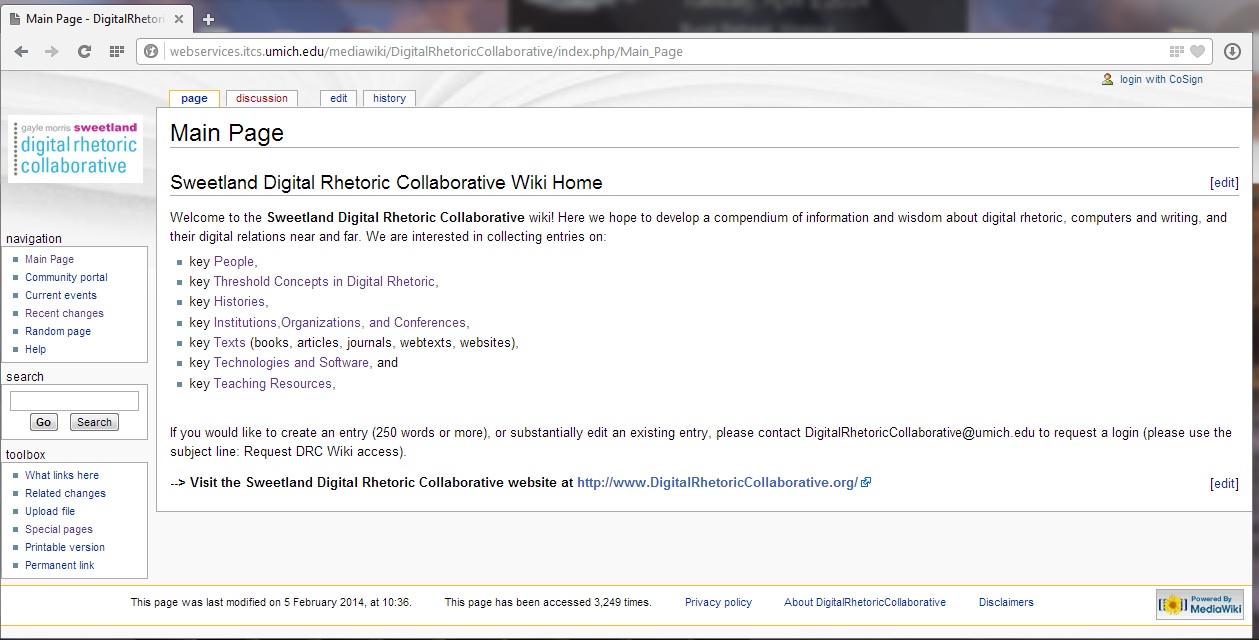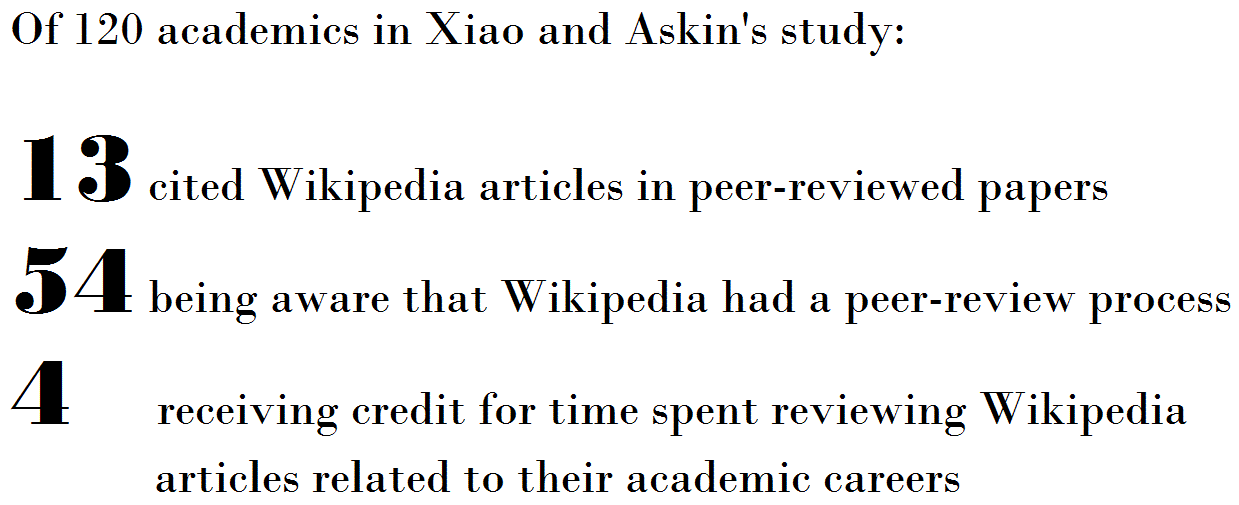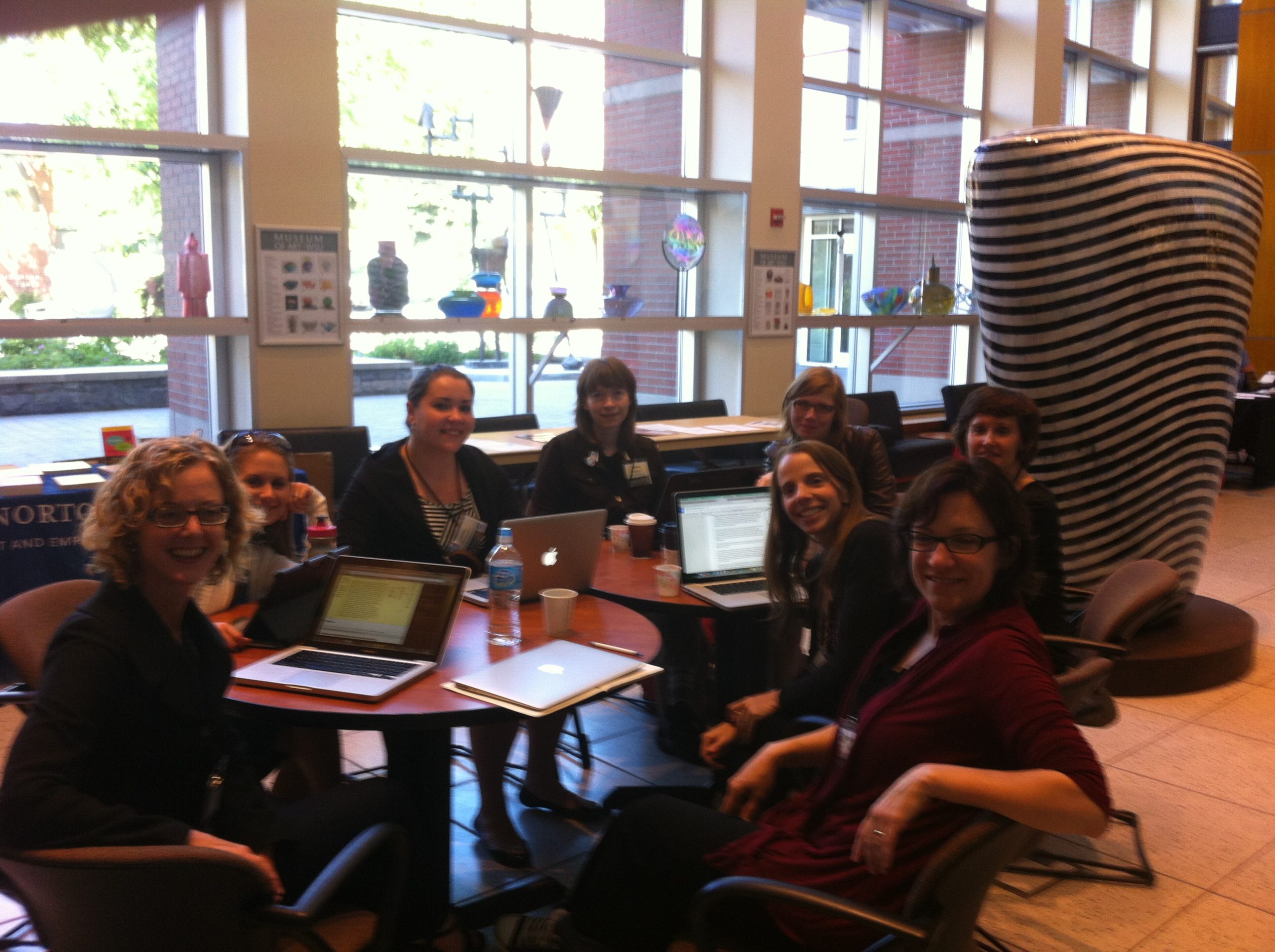
Community
Community. As I reflect back across my first year working with the Digital Rhetoric Collaborative, the element that stands out most is not any one particular insight into digital rhetoric, technology, new media, or the ways we teach, research, and write about those—although I certainly learned and worked with exciting new developments within each of those areas. The element that stands out most over the last year is community.
We all hear the argument that technology is isolating, that the social in social media is disrupted, artificial. But that wasn’t my experience in working with the DRC over the last year.
Instead, technology made possible the cross-institution collaboration that began the year. The DRC Fellows met virtually each month with the DRC directors Anne Ruggles Gere and Naomi Silver. We also often came together through email to ask questions about composing, teaching, and technology. Our community interactions provided opportunities to develop questions and to examine them from multiple perspectives. Our work was supported by yet another community: Merideth Garcia, Aaron Valdez, Jonathan McGlone, and Jeremy Morse, all at the University of Michigan, who provided technical and logistical assistance.
It was through this community that I was able to participate in a variety of DRC activities. I looked at visualizing data. I participated in the March Madness of Webtexts, sharing an interesting multimodal website about a community in Canada. I also had the opportunity to interview Elaine McMillion Sheldon and had the opportunity to see how a community could come together our January Webtext of the Month: Hollow. The associated Holler Home website is a wonderful example of a community using technology to accomplish change. I collected resources about Hollow, transmedia, and scrolling stories here.

Throughout the year, I worked with the DRC wiki site, a collaboration of many individuals to develop a community-produced resource. Thanks to our Wiki Wednesdays, I had a chance to look at the way the academic community interacts with wikis and Wikipedia. I chatted through Twitter about the wiki and found rapid community interaction. I invited you to celebrate 20 years of wikis by becoming a member of our wiki community.

Computers and Writing 2014
For our Computers and Writing 2014 presentation, we identified what communities we participated in and considered the significance of community in our academic and non-academic lives. For our presentation, Liz Homan created a video of our various communities and interactions.

When I began the year, I expected to learn a lot about digital rhetoric, new media composing, and new literacies. I did. But I learned a lot more about the way those things work in and bring us together as communities.

